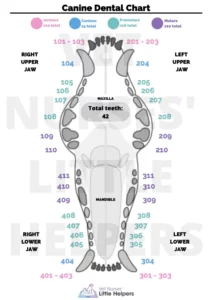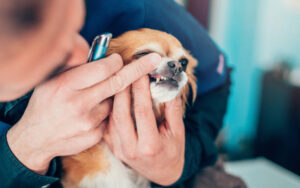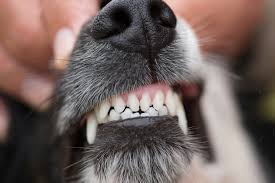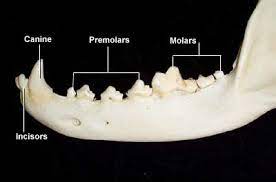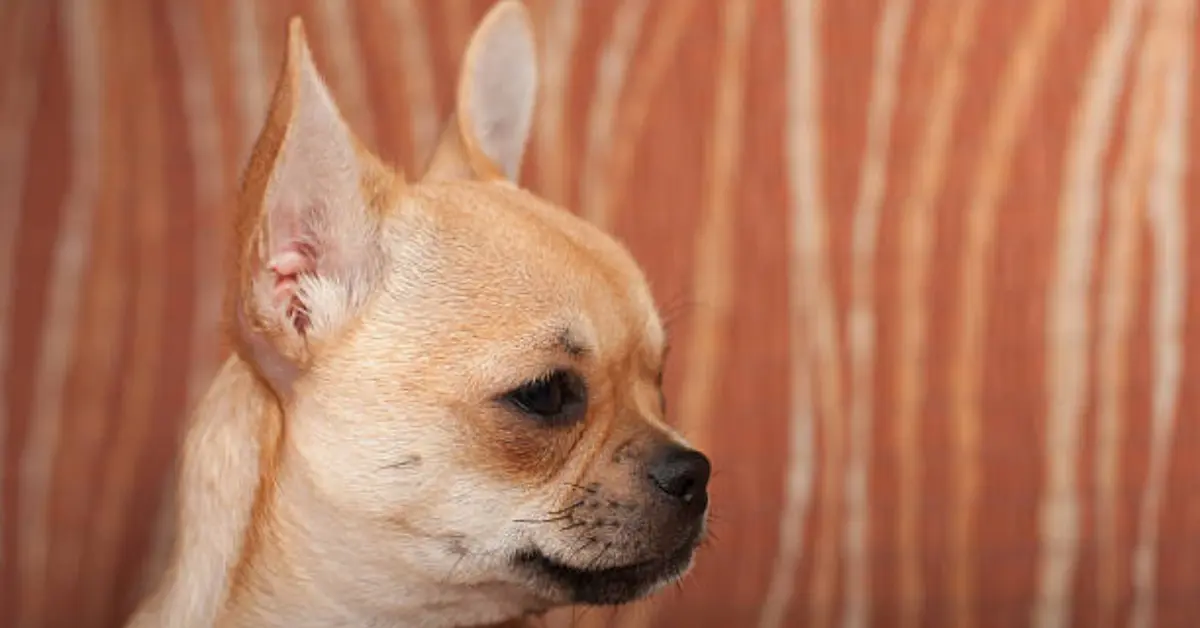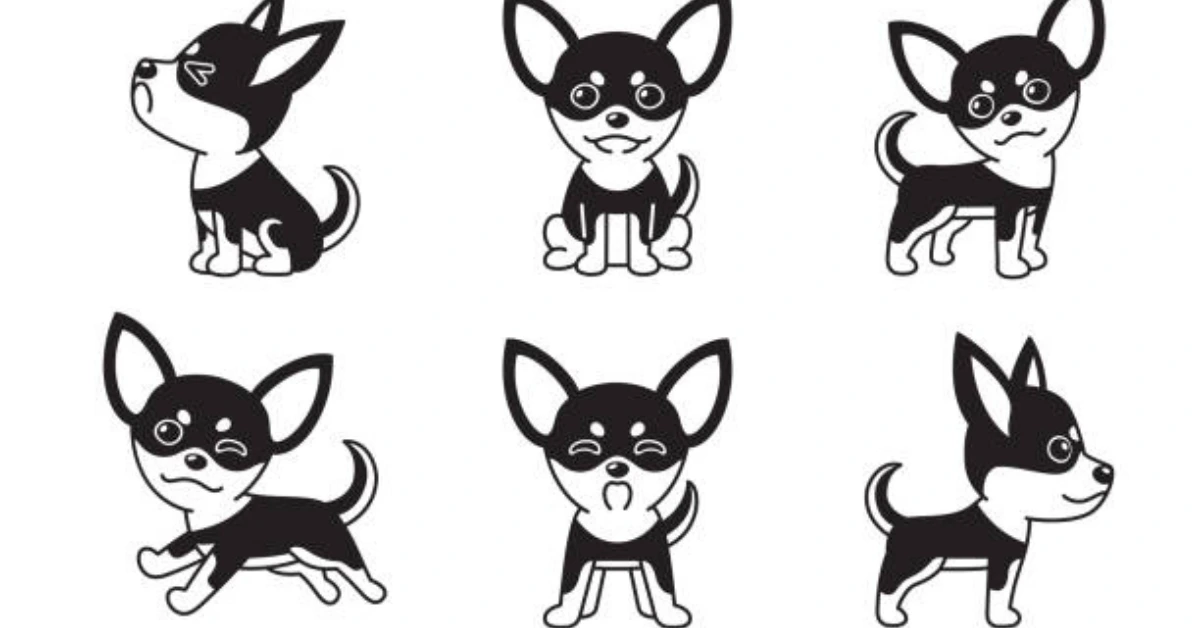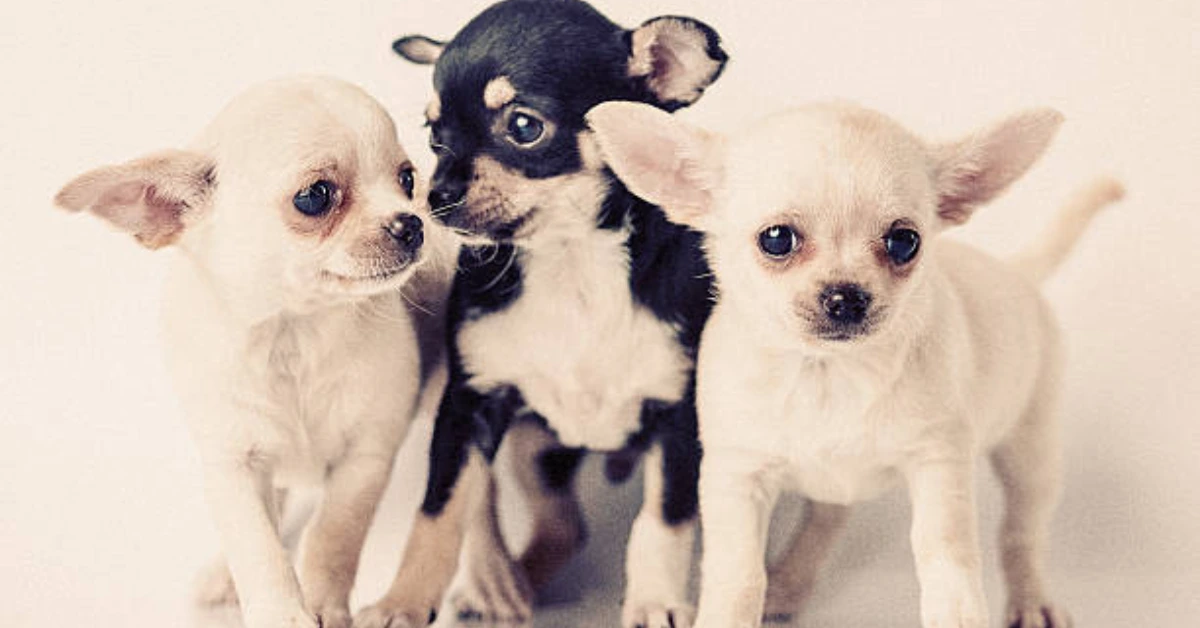Given their small size, one might assume Chihuahuas would not have enough room in their mouths for many teeth. So, how many teeth do Chihuahuas have? They really have more than you might imagine.
Their size is also reflected in their teeth, which make them sharp little needles that you wouldn’t want wrapping around your hand. Unfortunately, dental problems are the most common health difficulties that Chihuahuas face.
Thus, if you’re concerned about your small pet’s teeth, we’ve created a guide to assist you in understanding how many teeth Chihuahuas should have and what each one’s function is.
Advertisement
How Many Teeth Do Chihuahuas have?
An adult Chihuahua should have forty-two teeth total. When you consider that adult humans only have 32 teeth, that sounds like a lot, and you’re right.
All of a Chihuahua’s teeth serve a purpose, though, since they are inherently predatory dogs with an emphasis on hunting and killing.
Diagram Of Chihuahua Teeth
We’ve created a teeth chart for Chihuahuas below.
The chart provided here helps you determine which teeth exist in your Chihuahua and where they should be located in their mouth.
The various types of teeth in Chihuahuas
A Chihuahua’s dental anatomy is intricate and intriguing. In a Chihuahua’s mouth, there are different kinds of teeth with distinct functions.
For example, the front of the mouth’s incisors are used for biting and ripping. The strong, pointed teeth of the Chihuahua are intended for seizing and retaining prey.
Meanwhile, the purpose of the premolars and molars is to crush and ground food.
Chihuahuas’ Canine
The teeth that people most commonly identify with dogs are called canines, thus the name. They can do a great deal of harm because they are bigger than the Chihuahua’s other teeth. When they are four to six months old, canines are trained to latch onto their target and tear the meat apart once they have successfully made the kill.
You’ll also observe that your Chihuahua uses its teeth to assist it in carrying objects, such as bones or toys, around. Two at the top and two at the bottom, for a total of four.
Chihuahuas’ Incisors
The smallest teeth in the mouth, situated between the canines in the front, are called incisors.
When the chihuahua baby is about three months old, they are the first to erupt. They are utilized for self-grooming and bone-separating meat.
Because Chihuahuas are such a small breed, their incisors are especially small, making it easy to miss if one goes missing. Just make sure to count them.
Six on the lower jaw and six on the upper jaw should be present. Teeth issues in Chihuahuas frequently start with the incisors.
Chihuahuas’ Premolars
Premolars erupt between four and six months. Premolars, which make up the majority of a Chihuahua’s teeth, are found on both the upper and lower jaws, along both sides of the mouth in a total of 16. Compared to the smaller incisors, these teeth are thicker, more resilient, and able to withstand much greater stress.
Because the premolars are strong enough for the job, you’ll notice that your Chihuahua prefers to chew on toys with the side of its mouth.
Chihuahuas’ Molars
The majority of dogs, including Chihuahuas, will erupt their teeth at roughly the same period. Around 4-6 months of age is when the molars erupt. The largest teeth of a Chihuahua, the molars are flattened on top and used to crush up food.
Because they are necessary for a diet high in dry food, the molars need to be taken care of. There should be ten molars in all in your Chihuahua, with two larger molars on each side of the upper jaw and three smaller molars on each side of the lower jaw.
YOU MAU ALSO LIKE:
How to Maintain Your Chihuahua’s Teeth Healthy
Chihuahua Puppy Teething: Stages, Symptoms, and Solutions
Dog Braces -Can a Dog Get Braces for His Teeth
Advertisement


